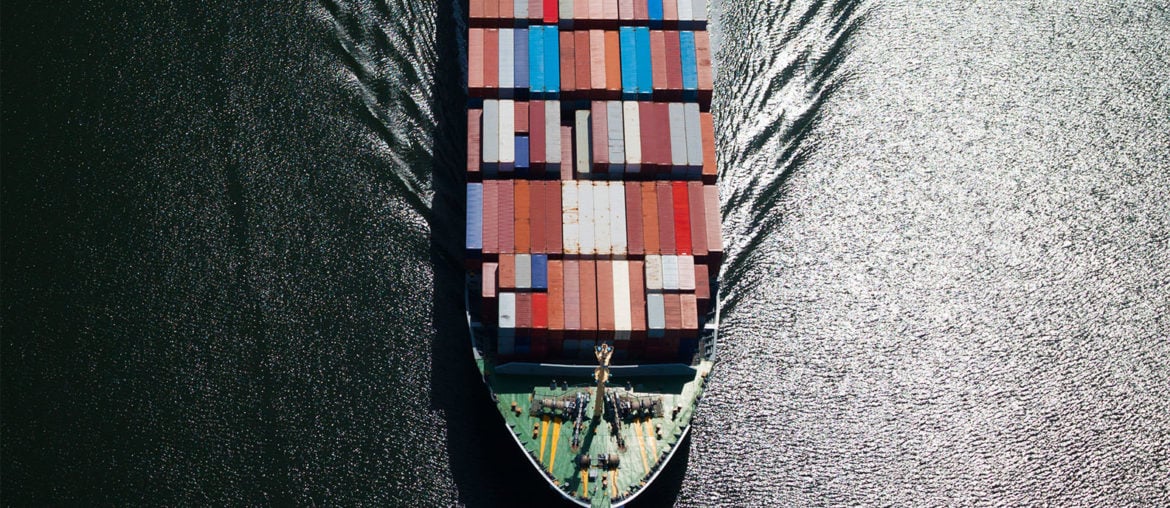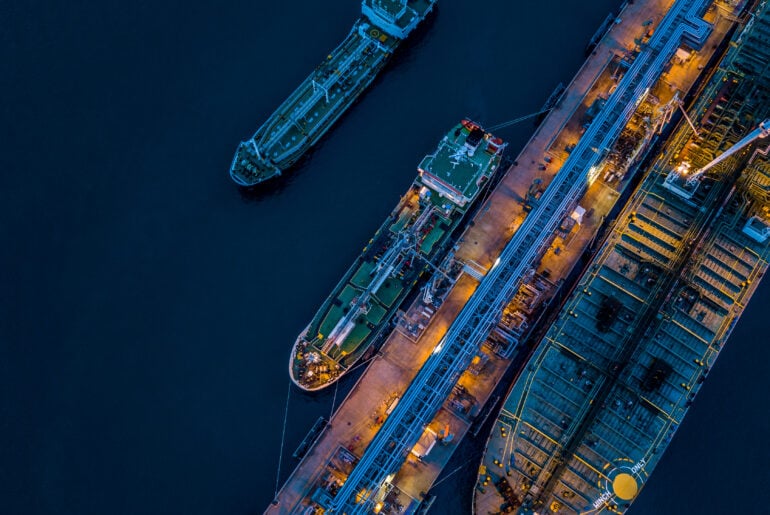On 15 September, during the 2021 State of the Union Address, EU Commission President Ursula von der Leyen announced the European Commission’s intention to introduce a ban on the import of products made with forced labour into the EU market. In her Address, the Commission President noted that there are “25 million people…who are threatened or coerced into forced labour” and that “doing business around the world…can never be done at the expense of people’s dignity and freedom”.
The European Parliament has previously called for a legislative proposal on an “effective traceability mechanism for goods produced through forced labour”, which it states “could pave the way for a complete ban on the importation into the EU of goods produced through modern forms of slavery or forced labour, especially forced work of vulnerable groups extorted in violation of basic human rights standards”. The Parliament notes that forced labour and child labour need to be taken into account in international trade relations and asks that the EU reflect on ways of finding evidence of these practices.
The Commission President’s announcement also follows guidance published on 12 July 2021 by the Commission and the European External Actions Service (EEAS) on “due diligence for EU businesses to address the risk of forced labour in their operations and supply chains”. The non-binding guidance seeks to provide European companies with practical advice on the implementation of effective human rights due diligence practices to address forced labour risks in their supply chains and makes specific recommendations regarding the due diligence process, remediation measures and responsible disengagement with suppliers or business partners. More information on the guidance can be found in our recent blog post here.
Key takeaways
These developments reflect the increased scrutiny around forced labour concerns globally and a wider trend towards mandatory due diligence and transparency surrounding human rights issues, exemplified by the EU’s proposed new legislation on mandatory human rights and environmental supply chain due diligence for companies (see our previous client alerts on this topic here and here).
Hence, companies across all sectors should continue to regularly review and audit their supply chains for adverse human rights and environmental impacts, ensuring the proper implementation of robust and effective due diligence practices to mitigate potential forced labour risks in their supply chains and business operations. This means adopting adequate compliance systems, controls and training in line with relevant guidance, international due diligence standards and regulator expectations.







